25, June 2020
Threatening the Paramount Chief of Mamfe: Ambazonia Restoration Forces should think and rethink things 0
Humans are transient but institutions built on the foundation of truth, honesty and sound cultural connotation, linger long after our transition to the world beyond. Long after our time on this planet, great institutions will articulate our existence to our descendants and future generations. Such is the case with the institution of Chiefdom and Fondom in the Southern Cameroons. Their importance to the soul of our nation cannot be overemphasized.
Cameroon Concord News Group has been allowed reliable information that following the recent ritual recital in Mamfe by some CPDM collaborators of Manyu decent, a few within the Ambazonia Self-Defense circle have registered fury and discontent with the Paramount Chief of Mamfe, His Royal Highness Chief Dr. Godson Oben. This discontent has manifested into threats to his person.
Cameroon Concord News Group strongly condemns any threat to Chief Dr Godson Oben’s life and we of the Concord Group are urging the faction of the Ambazonia Restoration Forces that is considering such line of action to think and rethink and desist without delay.
We have incontrovertible evidence that the plot for the comical and hopeless ritual performance was hatched in Yaoundé without the express knowledge of The Paramount Chief of Mamfe. Consequntly, Ambazonia Self-Defense forces should direct their legitimate resentment and barrels away from the Mamfe Royal Palace.
The CPDM collaborators from Manyu working in accord with the Yaoundé criminal enterprise tried bullying the people into ending the Ambazonia revolution. Their utilization of the western machinery of mass killings for four years has failed. They have met tougher resistance than they anticipated from man and the gods. Resorting to traditional rituals to bully and intimidate was an act of utter desperation.
It’s not uncommon for CPDM collaborators to overstep their jurisdiction. But in the Ambazonia struggle, they must recognize that they are termites attempting at demolishing rocks. For more than four decades, Manyu has chewed with caution and we have done so under the silent and direct supervision of Chief Dr Godson Oben.
While the disappointment and anger in Manyu is legitimate and merit serious consideration and action, the jurisdiction of Amba Self-Defense forces must be established and clearly defined. A tree can dwell in the river but would never be a crocodile.
Any assault on the Paramount Chief of Mamfe, His Royal Highness Chief Godson Oben, is an attack on a valuable and indispensable institution of the Southern Cameroons we intend to build. Ambazonia intends to be a country built on solid foundation with strong institutions. And the Chiefdoms and Fondoms are timeless and the most vital tools needed by the people of Southern Cameroons.
Ambazonia Self-Defense forces have the powers to impose sanctions and bring criminal proceedings against those who commit atrocities and collaborate in criminal ventures in Manyu. But the Paramount Chief of Mamfe is not one of such persons.
The bad faith and poor judgment of the public performance that shocked the world three weeks ago must not lead us into a journey of many dangers. The Mamfe Royal Palace is a no go area for both Ambazonia Restoration Forces and the French Cameroun army.
Paul Biya’s hostility towards objective and apolitical traditional institutions is well documented. But the Southern Cameroons we intend to build must accord these institutions their rightful place. Their roles have been clearly defined by His Excellency President Sisiku Ayuk Tabe and all citizens must be educated on the veneration to accord them. Traditional rulers represent constituted divine authority that towers above Biya and his crime syndicate.
The fuzziness of the traditional ritual and the maliciousness of its intended outcome suggest an enterprise to delight political masters in Yaoundé. It achieved nothing than simply putting the Roman Catholic Church in Mamfe to shame (We shall come back to this in a later editorial). The perpetrators of the traditional crime shall face the long arm of the Southern Cameroons justice system no matter how long it takes.
Traditional institutions in Southern Cameroons draw their legitimacy from the broad support of the people and history. Since 1982, the politicizing of these institutions for CPDM gains by some delinquents remains an open secret. It is also shameful that CPDM villains have attempted to use the institution of chiefdom to perpetrate their criminality in the Southern Cameroons. But the real offenders and perpetrators on this Manyu ritual scandal are known by the people and the Paramount Chief of Mamfe is not one of them.
As only evil knows where evil sleeps, the CPDM gangsters of Manyu origin directly involved in the public performance of rituals to stop the Ambazonia revolution, are owls that have now made some of their unattractive secrets public. They are evil-plotters beating their drums for the downfall of Manyu and Ambazonia but they must know that the gods will not let the drums sound.
The Chiefdoms and Fondoms are facing possibly the greatest challenge of their almost 950 years of recorded existence. Cameroon Concord News and Cameroon Intelligence Report are confident that the voices of our 20,000 daily readers are the voices of the gods. The fury of the gods should not be invited upon our land by crossing a red line that shouldn’t be crossed. The Paramount Chief of Mamfe, Chief Dr Godson Oben must be allowed to discharge his duties without interference.
Isong Asu
London Bureau Chief
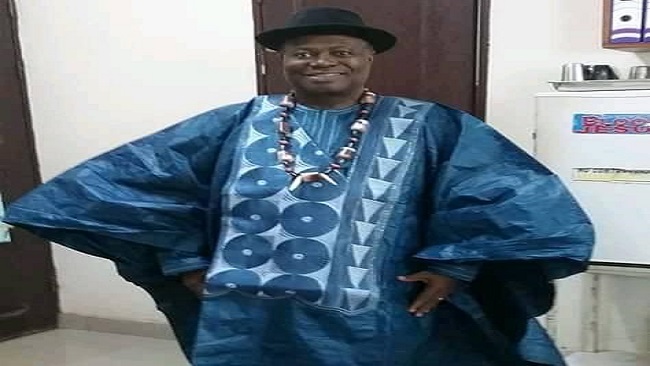


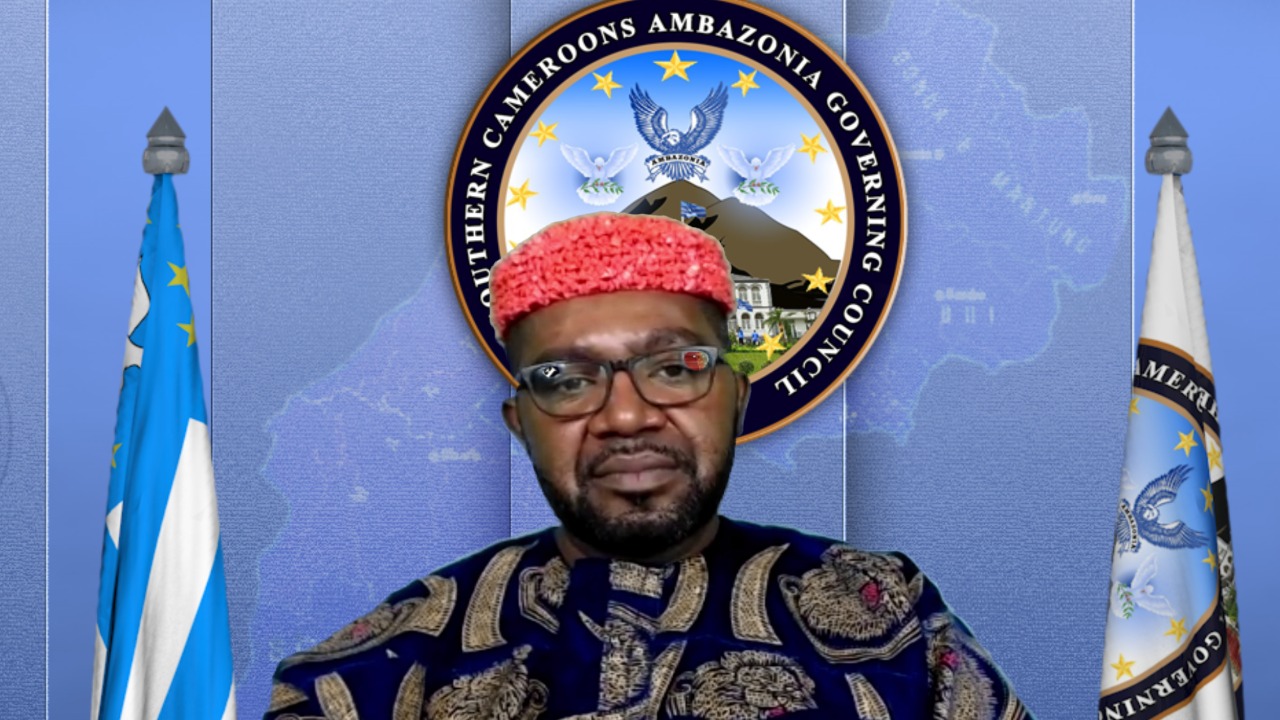
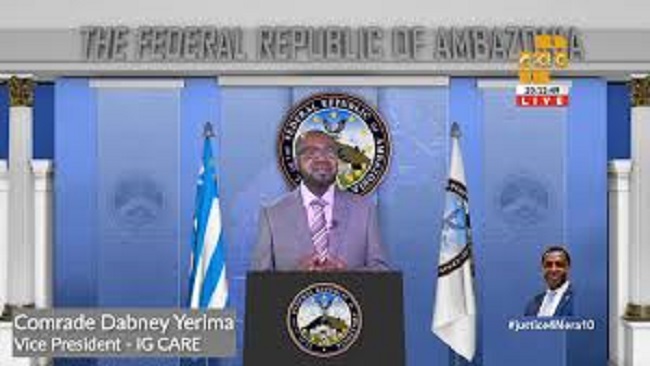
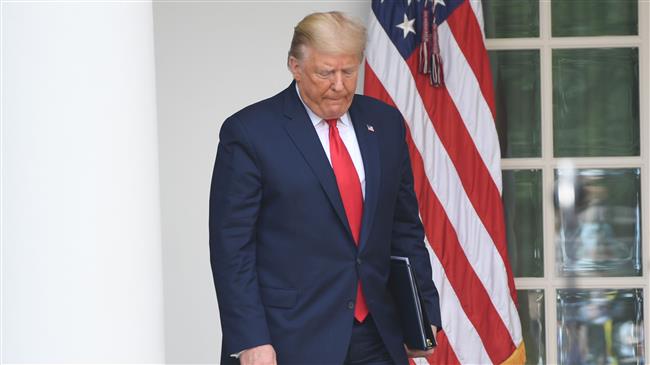


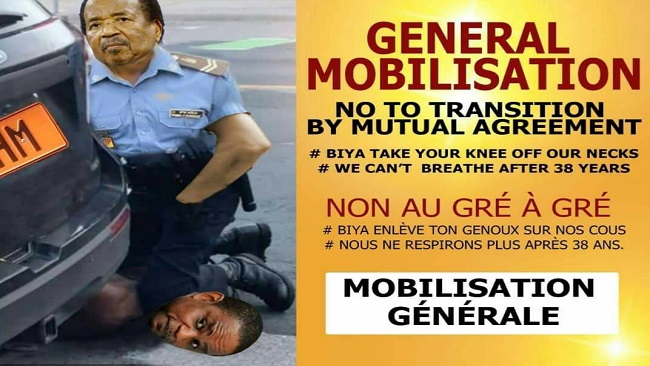

















26, June 2020
Cameroun gov’t army soldiers and armed ethnic Fulani massacre at Ngarbuh: A Chance for Accountability 0
Just over four months ago, security forces and armed ethnic Fulani men massacred 21 civilians, including 13 children, in Ngarbuh, a remote village in the North-West region of Cameroon. Most of the bodies were found completely burned. The killings were the most blatant example of abuse by security forces in the country’s Anglophone regions, but they may serve as a catalyst for accountability and, eventually, change.
Initially the government denied the army was involved in the killings and instead embarked on a smear campaign against human rights organisations and media, which had exposed and denounced the massacre. But, on March 1, following international pressure, Cameroon’s President Paul Biya agreed to establish a commission of inquiry into the killings. There were worries that this may have been an empty promise, especially as the Covid-19 pandemic looked to take over the world’s attention. But on April 21, the Cameroon government admitted their security forces bear some responsibility for the killings.
To be sure, there are concerns over some of the key points of the government’s investigation, especially with respect to the timeline around the attack and the number of people killed. More importantly, the commission’s findings cut the line of responsibility too far down, going after low ranking soldiers and there is a deafening silence from the government as to the role of the Rapid Intervention Battalion (BIR), an elite unit of the army, in the killings. But the investigation led to the arrest of two soldiers and a gendarme last week, one of the few times the government has shown its willingness to hold its own forces accountable for serious crimes.
Impunity is a key driver of the crisis in the Anglophone regions and very few people responsible for serious crimes have been held accountable since it began in late 2016.
While a more in-depth investigation is needed to establish a clear timeline of events and to identify all those responsible, including anyone further up the chain of command we should not underestimate that since the killings, only four months ago, we have gone from blanket denials to an investigation, a statement from the Presidency and now arrests. These mark steps in the right direction – an indication of government willingness to consider accountability for serious crimes committed by its own troops.
For the people of Ngarbuh, accountability cannot come too soon. Last month, the army and gendarmes established a base in the village, striking fear amongst residents. “The images of the killings are still vivid,” one resident told me recently. “I don’t understand how the military can protect us when they came to kill us.”
The attack in Ngarbuh was not an isolated case, but part of a longer history of military abuses in the Anglophone regions. Those crimes also deserve the same level of attention and inquiry that the Ngarbuh massacre received. On this, Cameroon’s international partners can help by assisting the government to establish an independent commission of inquiry, or similar mechanism, to advance accountability for serious human rights abuses committed by both government forces and armed separatists in the Anglophone regions since 2016. They should also encourage Cameroonian authorities to allow human rights organizations and journalists to work without hindrance and fear of reprisal.
The steps towards justice in Ngarbuh, which should lead to prosecutions in fair and public trials, should be viewed as the beginning of a long process in responding to impunity, not as an end in of themselves. It should become the test case to gauge how seriously the government will hold its own men accountable.
Culled from Human Rights Watch